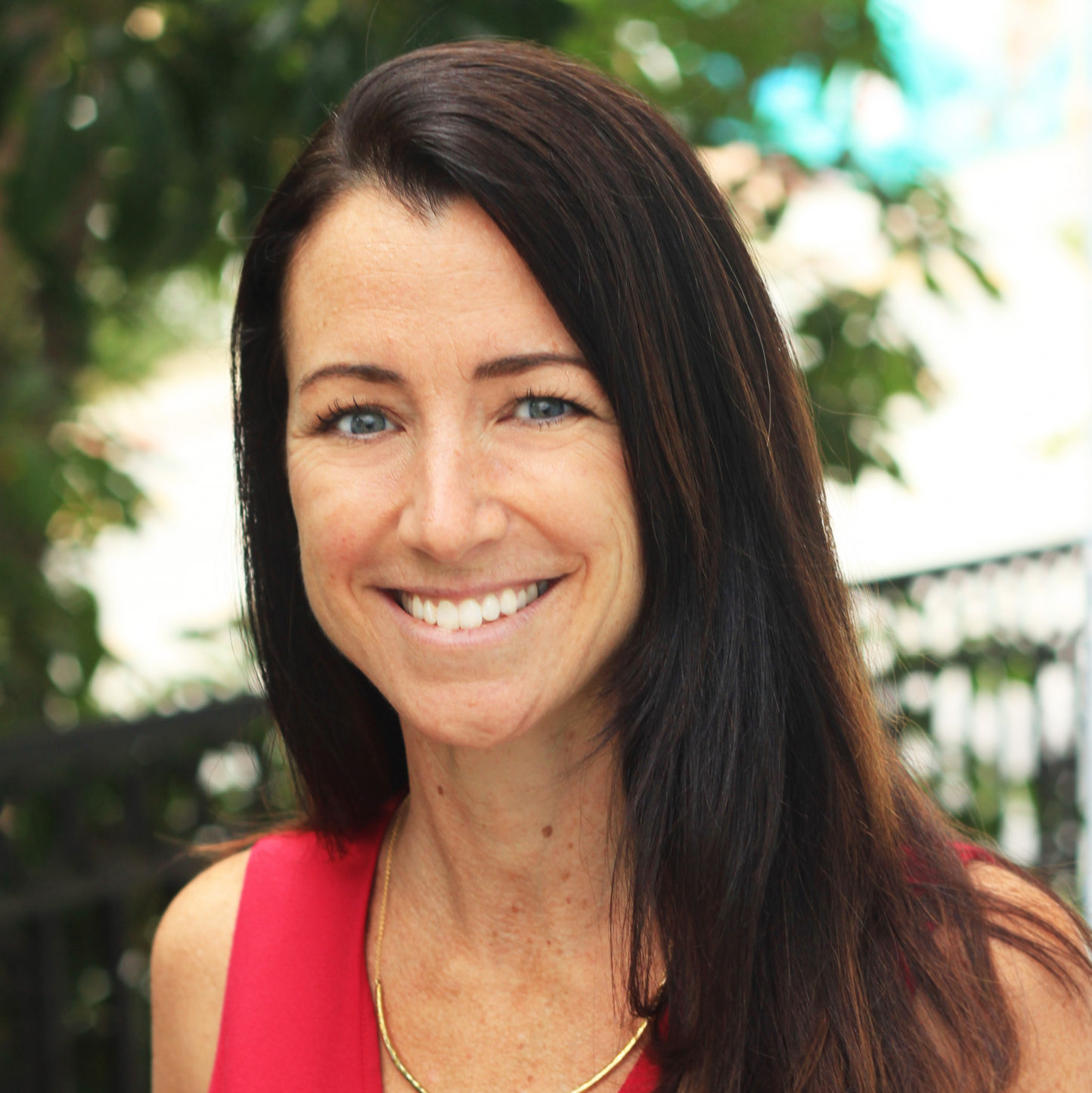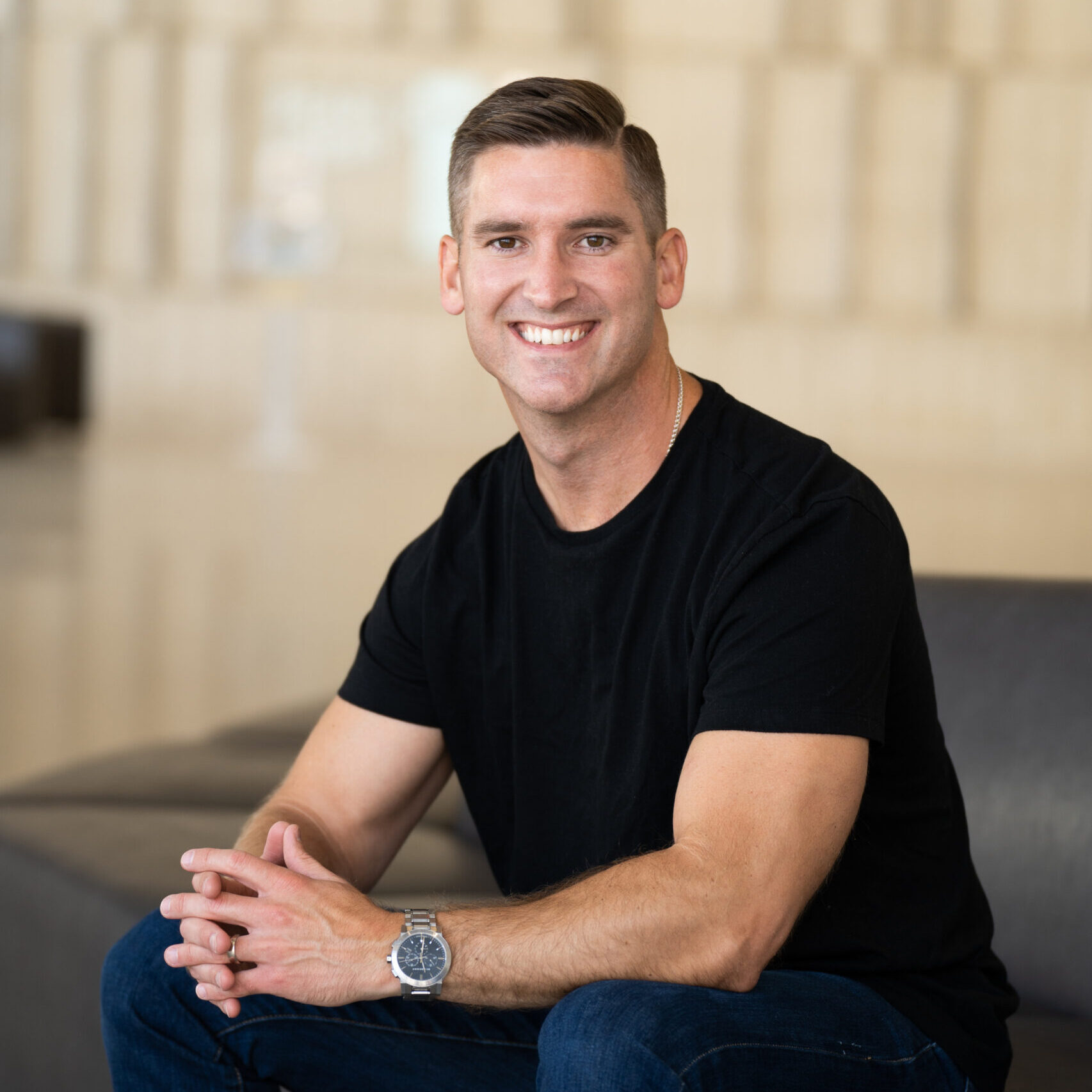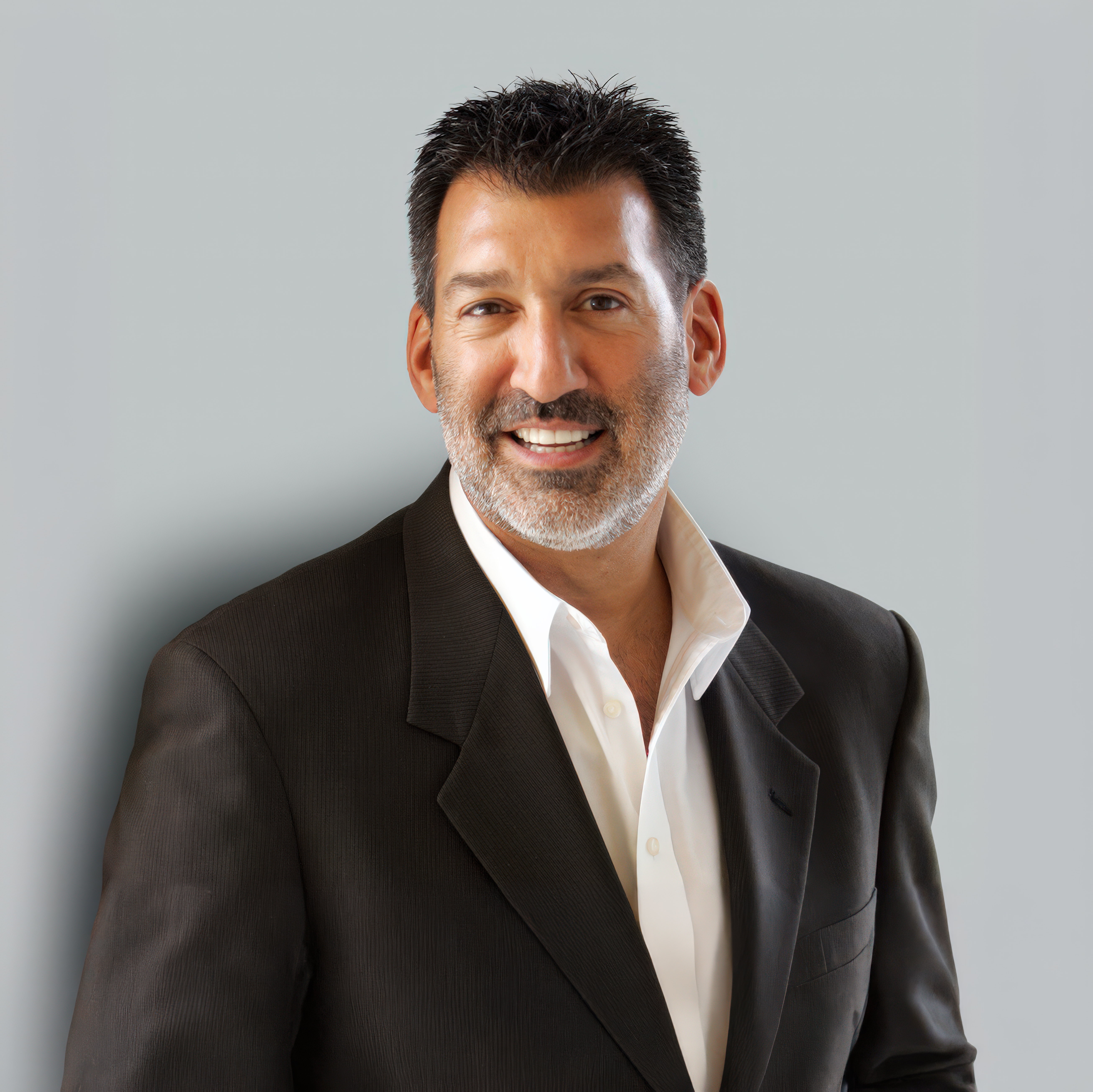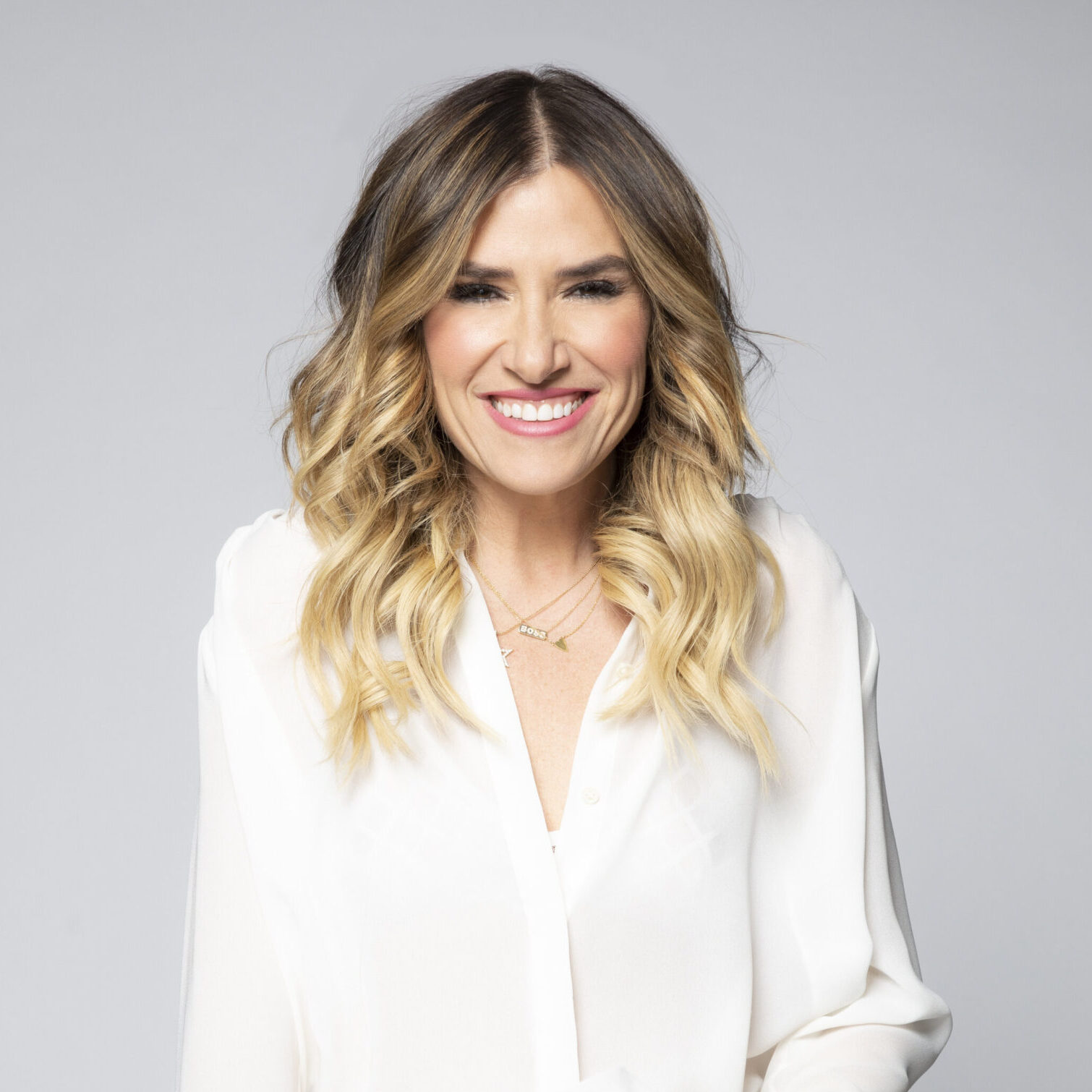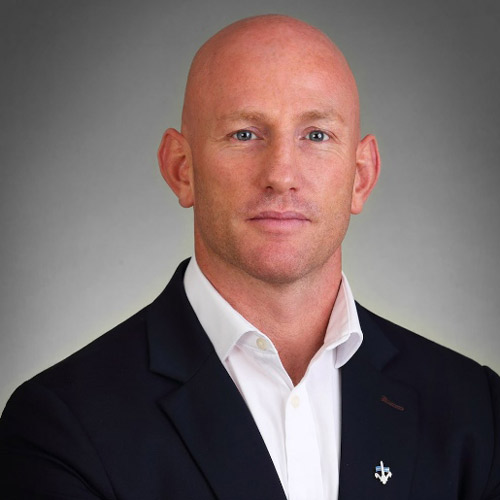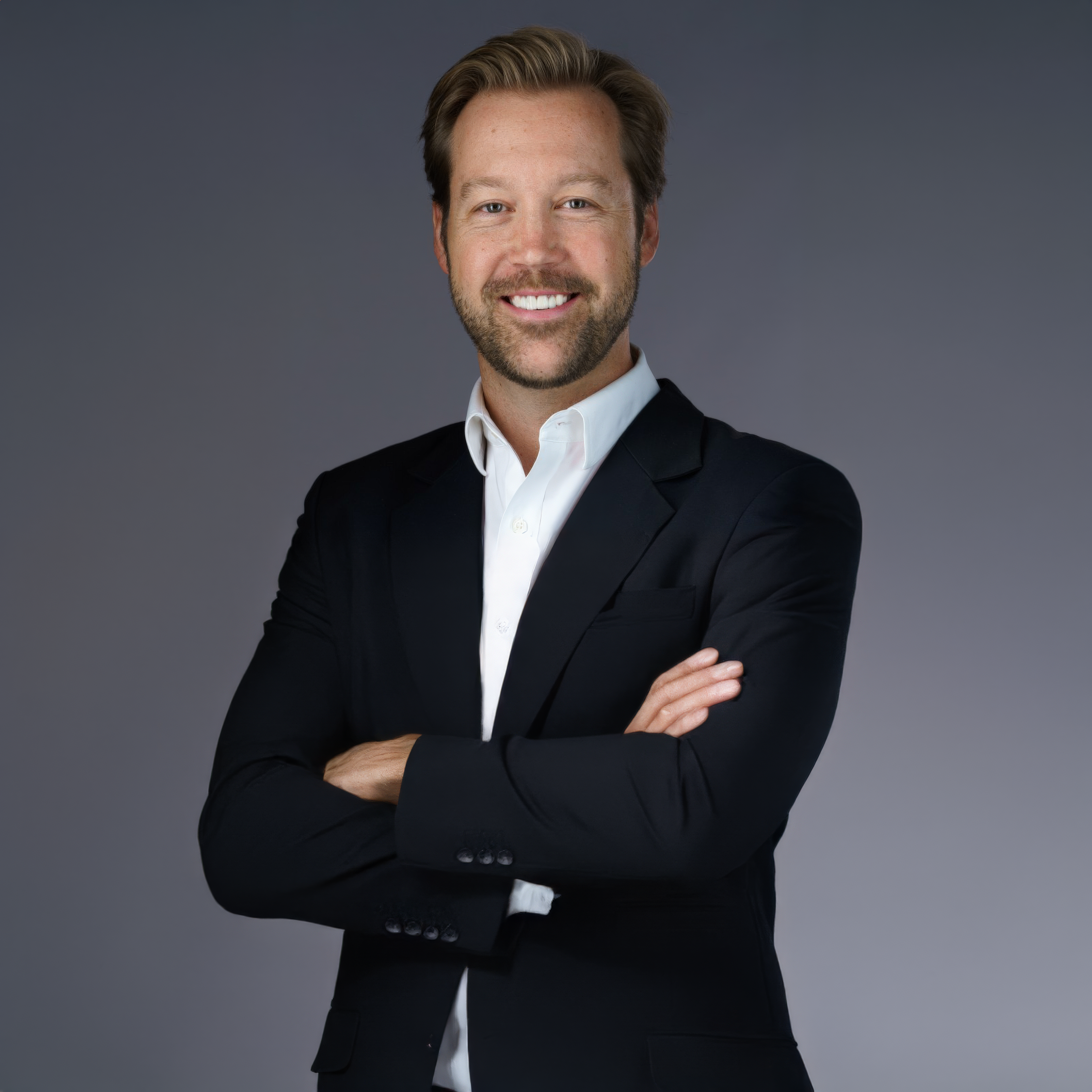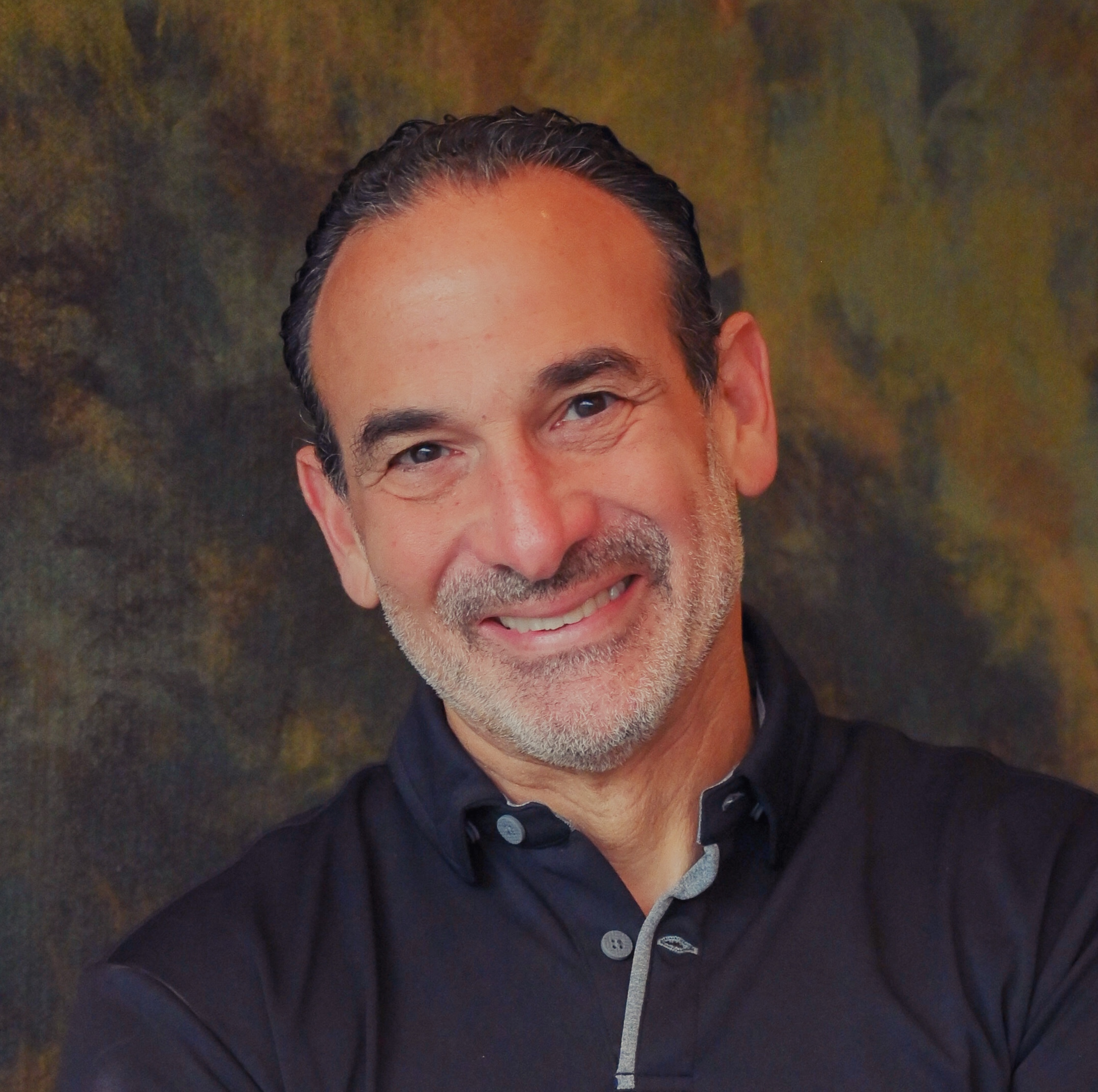AJV (00:02):
Y’all I am so excited to have our guest on the influential personal brand podcast today. You will, if you’re watching this on video, you’ll see her lovely face. If not, you’re about to hear from her. I am so excited because we have the opportunity to not only know miss Tia graham also get to work with her. She’s a client of ours at brand builders group. She has this amazing upcoming book. Again, if you’re watching, you’ll see me holding up a book, if not you’ll just hear me talk about it, but it’s called be a happy leader and who does not want to be that, but I think one of the reasons that I wanted to have a team on is this really cool divide and combination of how do you use your personal brand to grow your existing business while also extending the parts of your personal brand outside of your existing business, which I really love. And I also, I just love this whole concept of using happiness as a science to have more productive team members and leaders and humans as a whole. So Tia, I’m so excited about this. Welcome to the show.
TG (01:15):
Oh, thank you. I’m honored to be Here
AJV (01:16):
Oh, this is gonna be so great. So, okay. So we’re gonna keep this a little casual and as we go throughout the interview, I do want people to tell I want you to tell everyone a little bit about the book that’s coming out later this month. It’s very exciting. And then I want you to make sure you can tell people where they can get a copy of the book because it’s launching soon. Right. So, alright Tia. So you’re a guest on this show today and we don’t typically have a ton of our clients on the show for whatever reason, but I thought this would be a really great opportunity for someone who in your words would say that you’re maybe in more of the beginner mode building your personal brand, but also established in your business. And so I’m curious, what was it about you and what was it about it in general that says, yeah, I want to build my personal brand. So tell me how did that come about for you?
TG (02:12):
Sure. Yeah, so I was very intentional when I named my company and created my company, which is called arrive at happy. It’s not called Tia graham. And because I, my intention is I want it live on way past me and, you know, continue to grow and, and help people, you know, pass past my life is, is definitely, is definitely part of my intention. But I also is very cognizant that so much of arrive and happy right now is, is Tia graham. And I, I, you know, now I’m an author, but I speak, I do professional development with leaders, very active on social media platforms, et cetera. And the way, one of the main ways that I’ve built my business is through relationships, relationships with Tia Graham . And so, so, you know, when I, when I connected with brand builders and was learning a lot about sort of building your personal brand, I just became very aware that, you know, I wanted to focus on both it’s, it’s growing, arrive at happy, but it’s also this focus on Tia Graham, which supports arrive at happy.
AJV (03:17):
I love that, you know, and it’s something the, that we talk about all the time with our community and, and even on this podcast around everyone has a personal brand, IE, your reputation. It’s just some of it build it more proactively. So I’m curious. So how would you say, because you do have this really awesome combination of both B2C and B2B opportunities here, how would you say that you have seen building your personal brand actually help you grow, arrive at happy?
TG (03:49):
So I have, I would say the number one way is strange what I call strangers, right. I just said, I built my business through relationships and people that I’ve worked with in different companies over the past couple decades, but by focusing on building my personal brand, I’ve seen an increase in amazing, wonderful strangers reaching out to me, you know, people from different types of organizations, different locations that have found me because of my personal brand growth and the are interested in wanting to work with me, partner with me. And the, you know, whether it be because of videos that I’m creating or articles that I’m writing are all of these different things that I’m doing to to push out content that is, that is valuable to people. I think that’s the, the number one indicator that, that I measure. It’s not just people I know, it’s like, you know, as I said, loving strangers that then become clients and friends because of the focus on my personal brand.
AJV (04:53):
Ah, that’s so good. So I’m curious. So I think this is interesting, cuz we ask this all the time. So when you talk about your social, you’re putting out content, you’re putting out videos. What would you say, have you seen as when you get these loving strangers, which I love that. But what would you say, what types of content do you most often find that people are going, Hey, I saw this video and wanted to connect or this really resonated, like what type of content are you seeing? That’s really getting the most bang for the buck for you. Yeah.
TG (05:24):
It’s actually aligned with something that R said recently. I see the same. So it are it’s shorter videos, like I would say sort of in the one to three minutes, not edited, not even though I do have those, you know, edited videos, but the ones that just feel very natural, very native. And I’m speaking from the heart and truly answering questions that, and, and sharing content that I think will really help people. And when, when the people watching videos feel my energy and feel my emotions, those are the ones that get the most engagement comment, shares people reaching out to me re really thanking me and then wanting more.
AJV (06:13):
Oh, that’s so good. I know this has a whole thing that if you guys, if anyone listens to the show on the regular, like we literally have been diving into this with every single guest because we’re so fascinated, but yeah, we’ve seen the exact same thing in our company’s feed and our own feed. It’s like the more production value, the less engagement. And it’s like the more it’s like just you know, your phone out the, the woods or, you know, in the gym, it’s like, that always gets the most engagement for us right now. So that’s really interesting. You’re seeing the same another question about social media platform is what do you find like for you since you’ve kind of got this like unique combination of you do lots of different things that all fit in the personal branding world, right? You’ve got this book now, which you’re so excited about. You’re speaking and you have all these different things that you’re doing. So what would you say, what platform, when you think about LinkedIn, YouTube, Twitter, Facebook, Instagram, TikTok, all the things. What platforms are you using that work for you and with your more professional audience? Yes.
TG (07:21):
So for sure, number one by a long shot is LinkedIn. Although I ha I do focus and continue to focus on other platforms because not as of right now, really 90, 95% of my business and my revenue is B2B. I work with corporate some nonprofits, but really it’s it’s corporations. And so LinkedIn, whether it be for direct connections conversations doing LinkedIn lives, of course, and then, you know, pushing out relevant content. That one is, is definitely the one that, that I’ve seen the biggest ROI on. And even for example, for press like I’ve had journalists from, in, in north America and even like Australia, find me on LinkedIn and wanna interview me. So definitely number one, LinkedIn,
AJV (08:14):
I love that. So I have a question for you then about that. So was that something that you discovered organically or was that this intentional decision of I’m gonna analyze all the platforms and see which one’s getting the most engagement, or is it something that you just kind of fell into? How did you decide which platform that you were really gonna go all in on?
TG (08:34):
So it was really intentional. My background is leading sales and marketing teams in luxury hotels. And so I’ve actually been very active on LinkedIn, my whole career, just in leading sales teams previously to, to having my own company. And so already I was living in that, you know, B2B sort of corporate space. And when I started the company and was, and was growing arrive at happy, I put a lot of time and investment and intentionality towards that. So, so yeah, I think it was, is a continuation from my corporate life and as, but then also I was intentional in growing other brands. Like in Instagram, I put a lot of focus on over the last four years and, and successfully grown that, and that was, that was new. I wasn’t doing that in my corporate life before.
AJV (09:23):
Yeah. So you already had like a good established connection with your LinkedIn. And so it’s just really building that over the course of time and just transferring the content and the business. Yes,
TG (09:34):
Yes, absolutely.
AJV (09:35):
You know, we we had Jasmine star on the podcast a couple months ago. Yeah, let’s do that one. And she said something, but I probably have said like a hundred times since, so I’m gonna totally steal this, but I’ll give her credit. So I think it’s fine. But she said there’s really two types of content that you have to consider. When you’re thinking about posting social media, there’s a platform that you consume content on and then there’s the platform that you create content for. And I thought that was a really good distinction cuz very similar to you. It’s like my previous life was a B to B sales consulting, leadership consult. And so it’s like I had all these different connections and established on LinkedIn. But then when we started brand builders group, I kind of forgot about LinkedIn because in this kind of like personal branding world, it’s everyone is talking about, you know, YouTube and Instagram and TikTok and, and it’s, it was one of those interesting things where I kind went this amazing platform that I had built for 12 years of going all right now I need to expand.
AJV (10:45):
And it wasn’t only until here recently, really when I heard that interview from Jasmine and star, that I really started pulling back up my LinkedIn and realized I have a gold here, gold mine, gold mine. What have I been doing with myself for the last three years? So super refreshing to hear that. Cause I don’t feel like you hear as much conversation around LinkedIn when it comes to this world we live in, but I would totally attest to what you’re saying. It’s now that been really just since October, really back active in producing content for LinkedIn and curating for that, I’ve seen an incredible boost of, you know, anything from media to speaking requests, to just engagement. And so I’m curious because you do have such a B2B presence what would you to someone who really is building their personal brand, who has a really large B to B you know, kind of machine going mm-hmm, , what’s the best way that you have seen to use LinkedIn that you think is really working?
TG (11:52):
Well, great question. So I think posting, like we going back to what I said before about creating, creating native videos, but also being very cognizant that it’s not Instagram and it’s not Facebook, so it shouldn’t be exactly the same that it is more of a corporate business environment. So that, those regular videos that, and thinking that I’m speaking to people who are in a community that are thinking about work that are thinking about career and all of that. Right? So, so that’s one for sure, to be very intentional and authentic with the way that you communicate with people. So there are so many people that reach out in a very inauthentic copy and paste fake salesy. I mean, I just wanna use the word icky way that it’s complete turnoff and you just want like delete, I never wanna talk to this person. And when I think about LinkedIn and say, for example, there’s a CEO or there’s a VP of sales that I would love to be working with a company that I would love to be working with.
TG (12:55):
I really look at LinkedIn as how can I start a conversation with this person? And I don’t go at it, you know, I wanna sell, or I wanna tell them what arrive at happy does, or I want them to book me as a keynote speaker. No, it’s about, you know, doing some research, looking at what’s going on in their company and really starting conversations or that they post something commenting in a, in a really off way and having conversations with people and those conversations, ideally then turn into zoom meetings and the zoom meetings then. Okay. Yes, you’re moving along. So those are the, those are the two strategies that I’ve used consistently that have been very successful of just, you know, those, those native videos. But again, you’re speaking to professional audience and then really having, having real conversations with people.
AJV (13:41):
Mm that’s so good. I want everyone to make sure that you paid attention to this native video comment of make sure that you’re creating content for the platform that you plan to put it on. I think it’s so easy in this world of feeling overwhelmed with like, I’ll just make one video and I’ll put it everywhere and it’s like no create native content for the platform that you’re curating it for. That’s so good. That’s so good. All right. I’m gonna switch gears a little bit because I really wanna talk about, be a happy leader. And I wanna talk about this book. I want you to tell us what the book is about, but I also wanna know why in your journey of building your personal brand and your business, why did you think, or why did you want to write a book?
TG (14:26):
So I very early on realized there’s a, so many people in the world and I’m not gonna be able to get to all of them. And I wanna help as many people as I can with, with the, with the lessons and, and the learnings and insight that I, that I have. And through speaking and, you know, doing leadership retreats and everything, you could only hit so many people in a year. And so I have this vision of, you know, there’s, there’s a overworked tired executive in Sweden. There’s another person in Australia and books have that power, right books, whether it’s audio books, print, ebook, et cetera. So really it was, it was impact. And that’s essentially my word for 2020 is impact of how many people I could reach. So that was one big reason for writing a book. And also I am very cognizant that it adds credibility. It, you know, and, and I I’ve seen it, you know, with, with clients and, and they’re like, oh, great, we want your books. So and, and being a part of the national speakers association, I’m very active there. Of course, there’s a lot of talk about books. So those were the two main reasons on the reason why I wanted to, and I really hope to write a lot more.
AJV (15:38):
Hi, so it’s reach and credibility reach and credibility. And I think that’s really important. I, I love what you said, cuz I don’t hear a lot of people phrase it that way where it’s like, I can only reach so many people at once, but it, like with this, it’s like I could be reaching, you know, a person in LA and a person in Sweden and a person over here. And I think that’s so true and it’s, and I love too just the reminder that if you really wanna write a book, you better have a de hearted passion for the message because you’re still in the thick of it. It, and I want you to tell everyone about the dirty, hard behind the scenes work yeah. That it takes to write a book. So for the person out there who has never written a book, but fills that tug on their heart or that longing of, I want a message that lasts beyond me. I wanna create this legacy and wanna expand my reach and I wanna help as many people as I can. And of course I want more credibility and more money, but, and you better have those first reasons cuz this is not for the faint of heart. I would love for you to just go, all right, here’s the behind the scenes truth of what it’s gonna be like to write a book. Yes.
TG (16:51):
Yes. So for short, you don’t know, you know, until you’re in it and you’re like, oh my. So one piece of advice that I recommend to anyone that asks me writing a book is to hire a writing coach. So I actually had a coach who I invested in and of course also writing a book and launching a book it’s an investment time and money and your heart and soul. So that helped me in terms of researching and designing and then writing the manuscript. But I will say, I believe writing the manuscript and actually writing the book is the easy part, which for a lot of people that seems like a big undertaking and it is, but if, if you wanted to it right and, and really get it out to as many people as possible and, and make the mark and have the reach, of course there’s the marketing and the promotion piece that comes after it.
TG (17:44):
So as soon as I finish the manuscript and all the editing and I mean, it’s like work, it feels like never, ever ending. You know, you’re also, there’s the piece and some people do this before. And so do it after depending if you want traditional publisher self-publishing hybrid publisher, but there’s the proposal piece, which is the business plan for the book. And I actually found that, and I’ve written business plans for 20 years for major hotel companies. This was more work for me in terms of how to do, you know, all of that piece. And then in a di then there’s the execution. So looking at whether it’s social media list, building the PR the influencer marketing, in my case, doing bulk sales to companies the retail sales partnerships speaking, all of it. So yeah, under the hood is a very, very big detailed engine of, of all the pieces. And I’m two years in and I, I mean, it’s launching now and I’m very aware that it’s gonna continue, you know, for, it’s not like it, it does as an end. And so you AB going to your piece about the heart, I have a mission statement that when I was writing the book and through all the work that I continuously look at on it’s the why, and, and, and the why needs to be more than money to keep you going. It needs to be more than I wanna make a lot of money
AJV (19:12):
And I wanna make sure I don’t neglect the fact that you said it’s been two years, two years, y’all one, two, right? This idea of like, Hey, I’ve got this idea and I wanna have this book published in the next six months. Sure. It can happen. But this has been two years and I think would be worthwhile of going in and talking about the book proposal process. As you know, this is something that we talk a lot about at brand builders group. We have an entire curriculum built around bestseller launch plan, how to launch a bestselling book. And it was one of the biggest mistakes that we made. Right. And it was one of the hardest lessons that we had to learn of what makes a successful book proposal because it is, it’s a full business plan with sales and marketing and content for the book. So I’m curious how was doing the book proposal different from actually writing the book mm-hmm and what would you say what made one easier or harder than the other?
TG (20:12):
So I believe that for me, writing the manuscript, writing the actual book was easier because it is, it’s your planning, your research, your ideas, and most people are very intimate and close with the format of books and how books flow. Right? I’m an avid, I like devourer book, so it wasn’t foreign to me. Whereas the book proposal, this was the very first time that I had ever seen one before. Like I said, I’ve done, you know, hotel sales and marketing plans, but this book proposal is very, very different. This business plan is very different and there are very specific pieces of the proposal that you need to follow. It’s not like you could just, you know, get super creative and no, you need to have, like, what are the competing titles? You know, all of, all of these different sections. And you have to be very in with every sentence, every word you knowing that these are going to publishers, knowing that they receive the huge volume of how do you have yours stand out.
TG (21:16):
And it took me so much longer than I thought. I mean, I allocated okay these days, these weeks. No. I mean, I think it took me five times longer. And, and also I there were several people, several professional people that I were, was going to, and they were giving feedback saying, no, Tia scrap this, do it again, not good enough. . And that feedback of like, oh, do it again, you know, which I think, yeah, you guys had similar of like, you know, keep, keep wanting to do it. So and yeah, and, and I obviously, you, you continuously, you know, the, the next one will be better than, than that one. Yeah.
AJV (21:53):
I think that’s the gift of feedback. If you’re willing to receive it, it’s gonna make you better. It might be painful in the process, but it’s gonna make you so much better if you just take it and go, what can I do with this? How does this apply? Yeah, but it, it, I think we went back and forth with our book proposal for two years. so way ahead of the game from us. It’s one of the reasons that, you know, we started brain builders group is how do we expedite this process for others? And how do we make it simpler and more seamless? But yeah, you know, it’s, it’s all those nitty gritty things when, and I loved what you said too about the, why has gotta be greater than the money, because it’s gonna be painful and it’s gonna be expensive.
AJV (22:36):
And all the things that you don’t think it’s like, oh, I’m just gonna get this huge advance and we’ll take care of everything. It’s not how it works. Right. Not how it works. Yeah. all right. So now I want you to tell us, like, tell us about, be a happy leader. This is specifically for my own selfish knowledge. I wanna talk about this science of happiness and how do you apply that to what you do, and then how does that apply to the book? So give us a, give us some insight scoop of some of this amazing content you’ve been working on. Sure.
TG (23:07):
So be a happy leader is about every single day as a leader, choosing your own wellbeing, choosing your own happiness and using the science of happiness and neuroscience research to make choices, to really be the best version of yourself. And it’s also about really focusing on the happiness of your team of the organization and having a beautiful, rich life where you’re not working all of the time. You know, I say a happy leader also has time to sleep time with their family time to exercise. And so it’s in my eight step methodology that I’ve put together based on my leadership experience in the hotel industry. And then all of the happiness research I’ve been doing over the last five years and the science piece is really the research over the last few decades coming out of Harvard and Yale and Berkeley. And it’s the research that teaches us what makes humans thrive.
TG (24:08):
So how you can increase those great emotions like excitement and joy and pride and, and have more fulfillment and purpose in your life. And it’s also the research on when you’re going through challenges when you’re extremely stressed, when you’re really over when you are having, you know, whether it be, you know, personal relationships or, or professional relationships, just life’s challenges. It’s also about this resiliency toolbox. And I think the science of happiness is even more valuable when you’re going through the challenging times. And so I’ve put a lot of tactics and, and tips and research in there that people can use, they can apply right away. And it’s all research based on, on how to be a happier human.
AJV (24:55):
Yeah. I love that. And who does not need that? Yeah. Who does not need that? I know, especially right now, especially as a leader you know, like my gosh, there’s plenty of things to be stressed out about in the world, but we have the choice to choose to be happy. If there was one thing in this book that you think every single person should read, what would it be?
TG (25:20):
Oh, great question. One thing that every person should read is the, this section on emotional wellbeing, I think, and this is something I wish I learned when I was 16. And I learned about it when I was, you know, closer to 40 is having a really healthy relationship with all of your emotions and being very accepting of all of your emotions and being, being curious about them, seeing, seeing them as teachers, whether it’s your personal life or whether it’s work challenges that I think that is a very, a very crucial part to being a happy leader.
AJV (26:01):
Oh, I love that. All the emotions all the time. I always tell Roy Roy says, babe, don’t get mad and I’m like, I’m not mad. I’m passionate. Don’t mistake. My, what you think is anger for passion. It just comes across in an aggressive way. And it’s always, this is ongoing theme. He goes, why are you so angry? And I’m like, I’m not angry. I’m passionate. All the emotion, anger
TG (26:28):
Is a anger is a teacher. I really, you know, anger’s telling you something, whether it’s passion and anger or not. So keep, keep, keep
AJV (26:36):
Feeling it. I love that, but I think that’s so good for everyone. Building a personal brand, building a business, just being a human it’s. We all wanna be happy. Right. And we all search for happiness in the wrong places. And I think too, it’s like, we all, we try to shut out the emotions because they’re they’re time consuming or we’re told, comfortable them out uncomfortable. Yeah. It’s like, I don’t know what to do with all these. I love this. I think everyone should come out and get this book. So Tia, can you tell everyone where they should go to learn more about you and how to get a copy of be a happy leader? Aw, thank you.
TG (27:14):
You can learn more about
[email protected] and for the book, happy leader, book.com. And thank you so much for, for having me and for all of brand builders support in building the brand and helping me, helping me spread
AJV (27:28):
The message. Oh my gosh. I hope every single person across the world from GU to New Zealand to Sweden gets hands on this. And it’s happy leader book. Yes.
TG (27:43):
Happy book

